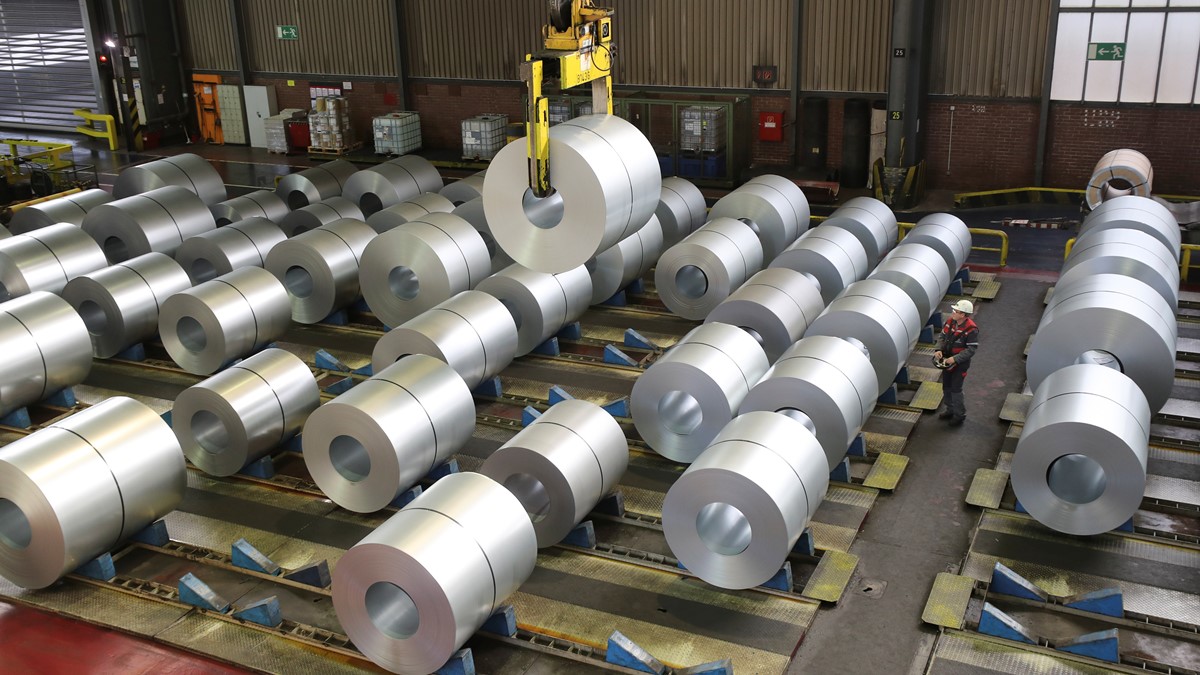India and the US have agreed on the terms for joint monitoring of the former’s steel and aluminium exports to the world’s largest economy, without being subjected to additional duties.
This follows the two sides deciding to end all bilateral trade disputes that were pending at the World Trade Organization during Prime Minister Narendra Modi’s state visit to Washington in June 2023.
The US has agreed to let in 336,000 tonne of steel and aluminium from India with the waiver of additional duties that were imposed under a national security law by the Trump administration in 2018.
These duties – at 25% and 10% on certain steel and aluminium products, respectively – were also imposed on a few other countries, including China, Russia, Norway, Turkey and Switzerland.
The June decision also included India waiving its additional duties of 20% each on apples and walnuts, and `20 per kg on almonds imposed on imports from the US in 2019, over most-favored nation (MFN) tariffs. These extra imposts were in retaliation to the US’ state protectionist measure of increasing tariffs on specified steel and aluminium products.
Of course, there will be no reduction on the MFN duties on apples, walnuts and almonds, which still apply to all imported products, including US-origin products, at 50%, 100% and `100 per kg, respectively.
An additional duty of 20% was also put on lentils, boric acid and diagnostic reagents, while 10% extra duty was imposed on chickpeas. India’s exports of steel to the US stood at $4 billion in FY23, while aluminium exports were to the tune of $1.1 billion.
The new mechanism will help ensure that exports of steel and aluminium progress smoothly. It would meet every six months to resolve any disputes that may arise and ensure that the mechanism is functioning smoothly.
Within the government, an inter-ministerial mechanism has been set up for overseeing that Indian exports of steel and aluminium enter the US without additional duties. Departments of mines, steel and department for promotion of industry and internal trade (DPIIT) are part of the group. If Indian exporters face any bottleneck or problem, it would be conveyed to the commerce ministry and will be taken up with the US during the meetings of the joint monitoring mechanism.

